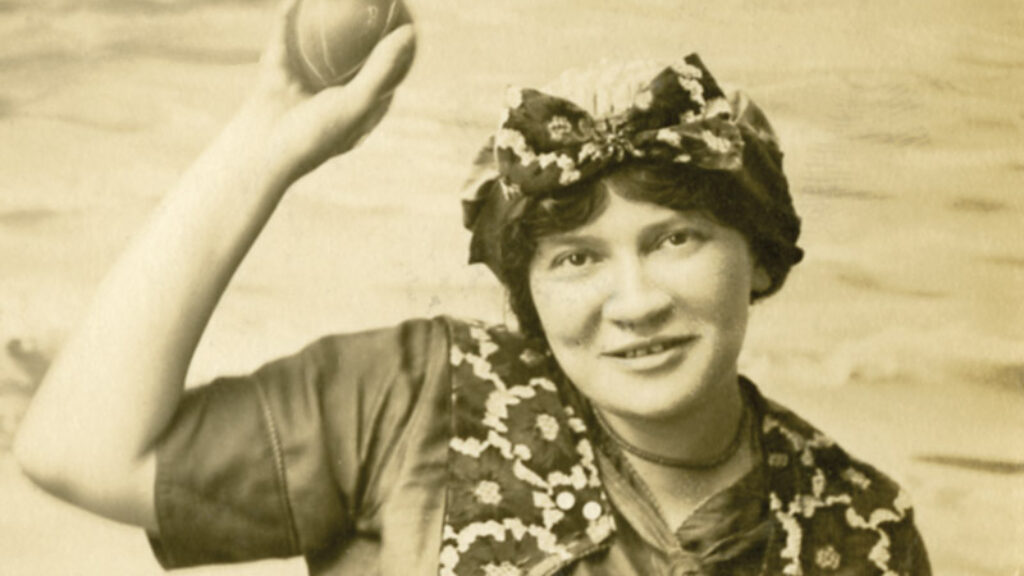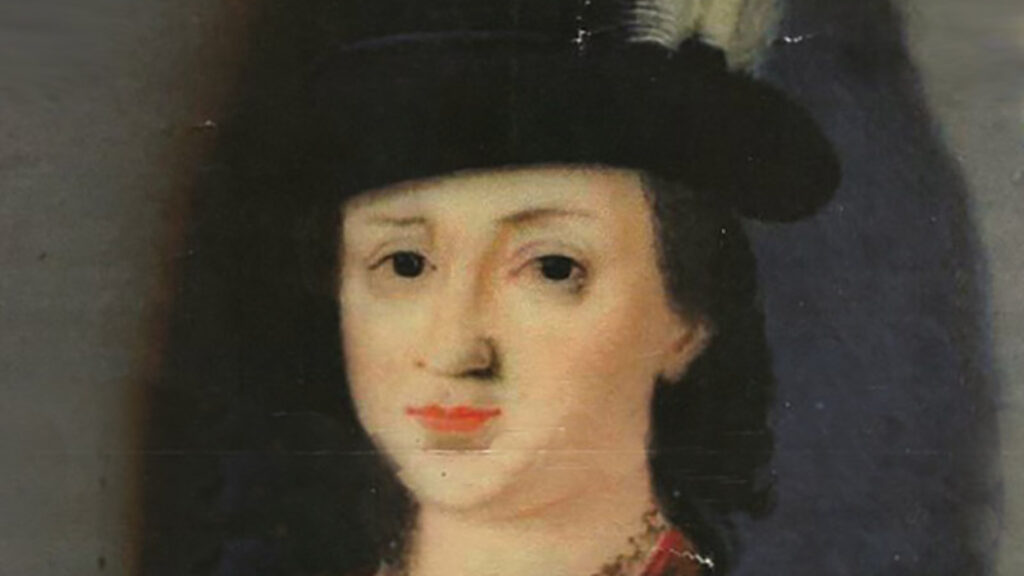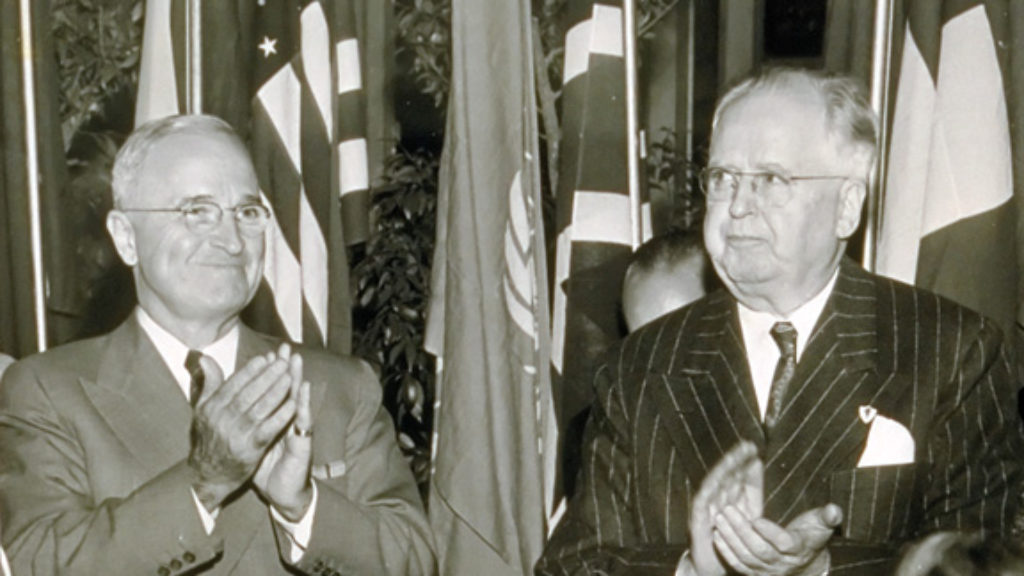No Jewish Narnias: A Reply
I like my fantasy high and my Judaism deep. In my essay “Why There Is No Jewish Narnia,”I explored the question of why these two things don’t come together as they have for Christianity, and whether this might tell us something about both. I didn’t expect the controversy that ensued though perhaps I should have, since people are almost as passionate about Judaism and Christianity (and the differences) as they are about fantasy literature.
To recap, I suggested that high fantasy in the mode of Tolkien and Lewis has been an uncomfortable genre for modern Jews, both because of fantasy’s medieval ambience and because of the fervent Jewish commitment to modernity. But my real focus was on whether there can be fantasy—what Tolkien in his essay “On Faerie Stories” called the work of “sub-creation” for the purpose of “enchantment”—that is profoundly Jewish. That is, I wondered aloud how suited the theology of normative Judaism—profoundly demythologizing, halakhic, and without a developed tradition of evil as an autonomous force—is to the making of modern fantasy.
I want to respond to three of my most thoughtful critics, Abigail Nussbaum on her blog, Ross Douthat at The New York Times, and David Goldman of First Things.
Nussbaum finds my literary sociology misleading, writing:
To put it bluntly, there is no way that a Jewish writer working in the early decades of the twentieth century could have produced The Lord of the Rings, a work steeped in a yearning for a lost pastoral world that Jews, who have for various reasons tended to congregate in urban and commercial centers, would have had little or no experience of.
Actually, quite a bit of the Jewish literature in both Hebrew and Yiddish in this period is pastoral, as is a good deal of turn-of-the-century Zionist thought, but this isn’t the real issue. My question (and for me it is a genuine question) is whether there can be works of Jewish fantasy—not Jewish Lewises but Jewish Narnias. Nussbaum responds to this question with similarly mixed results, claiming that:
The naked didacticism and unabashed proselytizing of the Narnia books is entirely antithetical to Judaism, an anti-missionary religion. One might as well ask why there is no Jewish Divine Comedy.
Yet this isn’t right. The works of, say, Yehudah Halevy, Maimonides, and the Zohar are all theologically “didactic,” and, for all their deep differences on the nature of Judaism, operate in an intellectual universe that is not as distant from that of Dante as Nussbaum would have us believe.
Nussbaum’s worthwhile point, which echoes the main argument of my essay, is that since the structures of high fantasy are Christian (or pagan and Christian), my hope for a work of fantasy that might be, in my words, “profoundly Jewish in the way that, say, The Lion, the Witch, and the Wardrobe is Christian,” either amounts to, in her words, “introducing Jewish window dressing to traditionally non-Jewish genres,” or something so different that I would not recognize it as fantasy according to my own definitions. “The real question,” she writes, “isn’t whether such a work will ever exist—it’s whether Michael Weingard [sic] will be able to recognize it.”
As to the first option, I think that Nussbaum senses that I am not looking for what one reader called “The Rabbi, The Witch, and the Wardrobe,” or Middle Earth with yarmulkes. Those who have offered golems, dybbuks, and magic dreidels as the answer to my question are skimming the surface or unfamiliar with the heft and richness of Judaism. In fact, one unexpectedly moving response to my essay is that of a secular Israeli blogger who wonders whether secular Israelis haven’t all but given up on the engagement with the tradition that might deepen and nourish their fantasy writing (third post here).
Nussbaum’s second option has been developed more thoughtfully by Ross Douthat, who sees that my theological conclusions “jostle uneasily with Weingrad’s professed desire for a Jewish Tolkien, or a Jewish Lewis”:
What he seems to have demonstrated is that modern fantasy depends on Christianity, or at least a Christian-pagan synthesis of some kind, for its forms, conventions, and traditions. This suggests that you could write a novel that embodies a kind of Jewish critique of fantasy . . . But the genre itself will remain irreducibly Christian, and a truly Judaic fantasy would have to belong to, or invent, a different genre altogether.
David Goldman wonders why the endeavor is even necessary. He views Tolkien’s project as the product of a Christian “existential need” to address myth absent in Judaism, a view consonant with my own observations if not desires. He writes:
Christians like Lewis and (even more) Tolkien have an existential need to address myth, which we do not. There is nothing wrong with Jews reading and enjoying Tolkien, whom I have called the most Catholic author of the past century–any more than it is wrong for Jews to listen to Bach’s St. Matthew Passion or Mozart’s Requiem. But this genre has uniquely Christian characteristics, which Jews should understand–and admire.
Nevertheless, I remain unconvinced that my hope is lost or (as Goldman argues) misplaced. Fantasy in the Tolkien-Lewis mode involves the modern imagination of magical worlds intended to convey a sense of wonder and, while discontinuous from the historical and physical realities of our own universe, restore some sense of numinousness and moral clarity to our own. Must this always require Christian myth? Nussbaum is at least correct that I cannot state with any detailed precision what a Jewish alternative would look like—as Kafka said, if we wanted books to make us happy we could write them ourselves. Yet I suspect, as I say in my essay, that a truly Jewish fantasy would have to be “audacious,” that it would require real Jewish erudition, and that it would not be a matter of simply adding kabbalistic spice—or, for that matter, elements from secular history or contemporary politics (“tikkun olam”)—to a pagan-Christian cholent.
Like Douthat and Goldman, I recognize that the forms and preoccupations of high fantasy are pagan and Christian, but I also believe that the capacity of literature to surprise with square circles and show the unnecessary to be necessary means that my tall order is a demanding but not an impossible one, or no more impossible than are most great acts of literary creation. Or sub-creation.
Before closing, I’d like to address the question of Jewish fantasists or quasi-fantasists I seem to have ignored. Many readers have pointed out that Jews have made outsized contributions to comic books, as they have to science fiction. (One of these readers was the aptly named “Attackerman,” whose fulminations don’t merit a response, though they did provoke a generous remark from Michael Chabon here). Of course, but neither comic books nor science fiction nor, for that matter, other genres such as alternate history are the same as fantasy, and this has only made me more curious as to why the principal Jewish contributions to speculative fiction run in these kinds of genre channels.
As for Jewish fantasists, I have been humbled by my encounter with the fantelligentsia and the reading lists they have prescribed. Certainly, I was wrong to slight Neil Gaiman (who tweeted about it on Feb. 25th, http://twitter.com/neilhimself) though I turn to him for Morpheus–not for Moses. Nevertheless, it seems to me that most of the examples cited by readers with vastly more genre knowledge than I can claim show, like Gaiman, an ambivalence about high fantasy and an embrace of alternative, hybrid genres such as urban fantasy and historical fantasy—though I am aware that this has been the general trend of the genre over the last few decades, partly in anxious reaction to the influence of Tolkien. I’ll touch briefly on three of these writers who have been frequently mentioned in discussions.
I am not a fan of Guy Gavriel Kay’s Fionavar trilogy, which several critics have mentioned, but I think it interesting that after this foray into the Arthurian mythos this well-regarded Canadian Jewish fantasy writer (who also helped Tolkien’s son edit The Silmarillion) turned from high fantasy to historical fantasy as the setting for what I am told are his stand-ins for medieval Jews. It has been a long time since I read Joel Rosenberg’s The Sleeping Dragon, in which a group of university students are also plunked down in a medievalesque fantasy world, but I seem to remember that it ended with one of the female characters getting gang-raped by slave traders, while another character vowed at the conclusion that he would use his graduate school training in mechanical engineering to modernize, and so redeem, that swords-and-sorcery world from its feudal barbarism. This is a little reminiscent of—or rather prefigures—Lev Grossman’s new novel that, although discussed in my essay, has gotten a bit lost in the fray. In any case, not much enchantment there.
Similarly, Lisa Goldstein’s The Red Magician, adduced by Michael Chabon among others, which appeared around the same time as the Kay and Rosenberg books, but is set in Eastern Europe in the 1940s, seems to me an illustration of the constraints on fantasy imposed by Jewish consciousness of the Holocaust. To her credit, Goldstein does not attempt to minimize the destruction of European Jewry. She stages the magical battles in her novel solely between Jews: vengeful Jews “twisted by the war” vs. cosmopolitan, forgiving Jews (a typology that could be the subject of another essay). Yet the main point here is that neither side is portrayed as having any but the most imperceptible effect on the real events of the Holocaust. Magic is impotent. As a treatment of the Holocaust, this is ethically and historically admirable. As fantasy, it is a considerable burden.
Suggested Reading

I Am My Own Lady Messiah
"As you know, I have no white horse, and, as you also know, the subway is on strike." Unpublished letters and fiction from a brilliant Yiddish author.

Weird Big Brother
Jacob Frank and his bizarre religious movement still casts a strange spell over. Is Nobel Prize winner Olga Tokarczuk’s newly translated novel the War and Peace of Jewish-Polish heresy?
Why There Is No Jewish Narnia
So why don’t Jews write more fantasy literature? And a different, deeper but related question: why are there no works of modern fantasy that are profoundly Jewish in the way that, say, The Lion, the Witch, and the Wardrobe is Christian?

Original Sins
John Judis book about Truman's Middle East policy isn't a rant, but it's not exactly history either.
Comments
You must log in to comment Log In